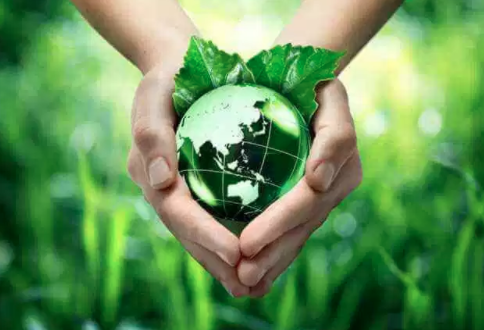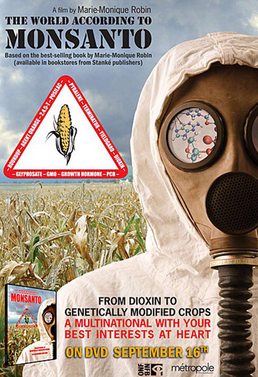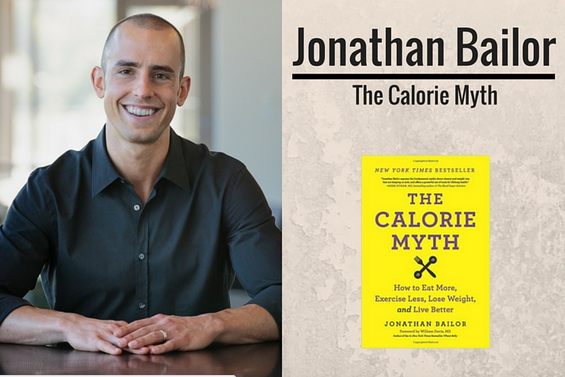To say that we live in a chemically burdened environment at this time is a bit of an understatement. No matter your beliefs about whether such occurrences as chemtrails and biochemical warfare are real or not, there is no denying that dangerous chemicals and heavy metals are being readily used and occurring as byproduct in all manner of consumer products, including food. Our air is polluted, the fish in our oceans dying and the soil devoid of most of the powerful minerals it once contained. So many of our foods, personal care, household, and environmental products and services are causing our bodies harm, most often without us even being aware of it. The question as to what we can do about it might seem too overwhelming to contemplate, but believe me by making just a few adjustments you can lessen your toxic burden exponentially and improve the quality of your life.
Food :: I’ve written about this topic at length in prior articles, but as a reminder if you live in the western world (and especially the US), buy organic/biodynamic/non-GMO and locally grown where possible. If available to you, shop at a local farmer’s market for your weekly produce and the quality of what you’re getting will immediately improve. Ask the local farmer whether or not they use pesticides, and what their growing practices are. In turn, you’ll also be supporting local farmers and growers rather than toxic big agriculture, which ultimately leads to a true model of sustainability. If growing your own garden is an option, it’s an amazing and healing practice. Try to cook at home at least a few times per week and if you have to eat out regularly, choose more conscious restaurants that utilize organic and local produce and farming. Lastly, avoid or greatly limit your intake of processed foods and sugars. This requires a little more work than days past, as so many products fakely labeled ‘all natural’ and with ‘natural additives’ are in fact filled with all manner of harmful and processed substances. A good rule of thumb is to eat as many foods as close to their source as possible, and when you do have to buy something processed, for example bread, find the highest quality product with the least ingredients, making sure you understand what those ingredients are. Invest in a good quality water filter or spring water supplier, along with a clean non-BPA water bottle. I’ve also covered this subject before, so all I’ll share right now is this link on where I buy my amazing water bottles: Vibes Up.
Personal Care :: Much of the personal care industry create and advocate the use of products laden with chemicals, but thankfully we now also have a plethora of quality ‘cleaner’ alternatives. And if for some reason you can’t find anything in your local stores, luckily in the modern world we have internet. For those who are US based, Environmental Working Group has an excellent resource you can check companies with: Skindeep. Basically you’re looking for products with less ingredients, while avoiding the parabens, sulphates, mineral oils, and other nasties.. Some of my personal favourite companies are..
Aveda for haircare, Caudalie for face/body products, Shea Moisture or Nubian for moisturiser, Jāsön for toothpaste/oral care, and Miracle Soap. The best deodorant I’ve ever had comes from the same company I get my water bottles: Vibes Up. Ladies, feminine hygiene products are some of the most important to pay attention to, especially tampons! Check out Naturacare. Also for the ladies (and those guys who like a little make up), switching to mineral make up could save you a lot of future health problems, my favourite go to’s are Tarte, RMS, and Perfekt Beauty, but with both bodycare and make up there are a number of good companies out there so experiment and find what works for you. Lastly, if you wear perfume, pay attention as so many brands, even the very expensive, use toxins and chemicals to create scents. Look for companies that use mostly or all essential oils, or opt to wear essential oils in place of fragrance. Another option if you can’t get away from your favourite scent and it isn’t one of the good ones, is to limit your use and avoid daily exposure.
Household Products :: We face the same situation as with personal care, but equally there are now quality ‘cleaner’ alternatives, no pun intended. Here are just a few companies in the US making great products.. Seventh Generation, Mrs Meyers, Ecover, Better Life, Method. Also importantly, Bleach is a poison and contrary to mainstream opinion, you don’t need to use it in your home, there are alternatives. White vinegar cleans very powerfully (also great on mirrors and windows), as do hydrogen peroxide, baking soda, and citric acid. Here’s a recipe for a homemade bleach alternative, if you want to DIY: https://dontwastethecrumbs.com/2015/03/diy-natural-homemade-bleach-alternative. Most natural cleaning product companies also make laundry detergent, but for a homemade combination that I can attest works incredibly well, try the recipe of half Borax, half Diatomaceous Earth, and a few drops of your favourite anti microbial essential oil, eg lemon, lemongrass, tea tree, lavender, eucalyptus, or Young Living thieves blend.
Clothes :: Are more often than not treated with chemicals during and after manufacture. A rule of thumb should be every time you buy a new clothing item, wash it before wearing. Where possible, try to buy clothes made with organic and natural fibers such as cotton, hemp and silk. Though in today’s market synthetics make up the majority of fabrics used, so understandably this option is more difficult. It’s also important to source a local green dry cleaner that uses a non toxic method of cleaning.
Try making a few of these changes in your life and don’t be surprised if you start feeling better. Even if you start with just one or two areas it will make a difference, and you can build from there.. Next month we’ll continue this topic by delving further into the household, building and environmental aspects.




